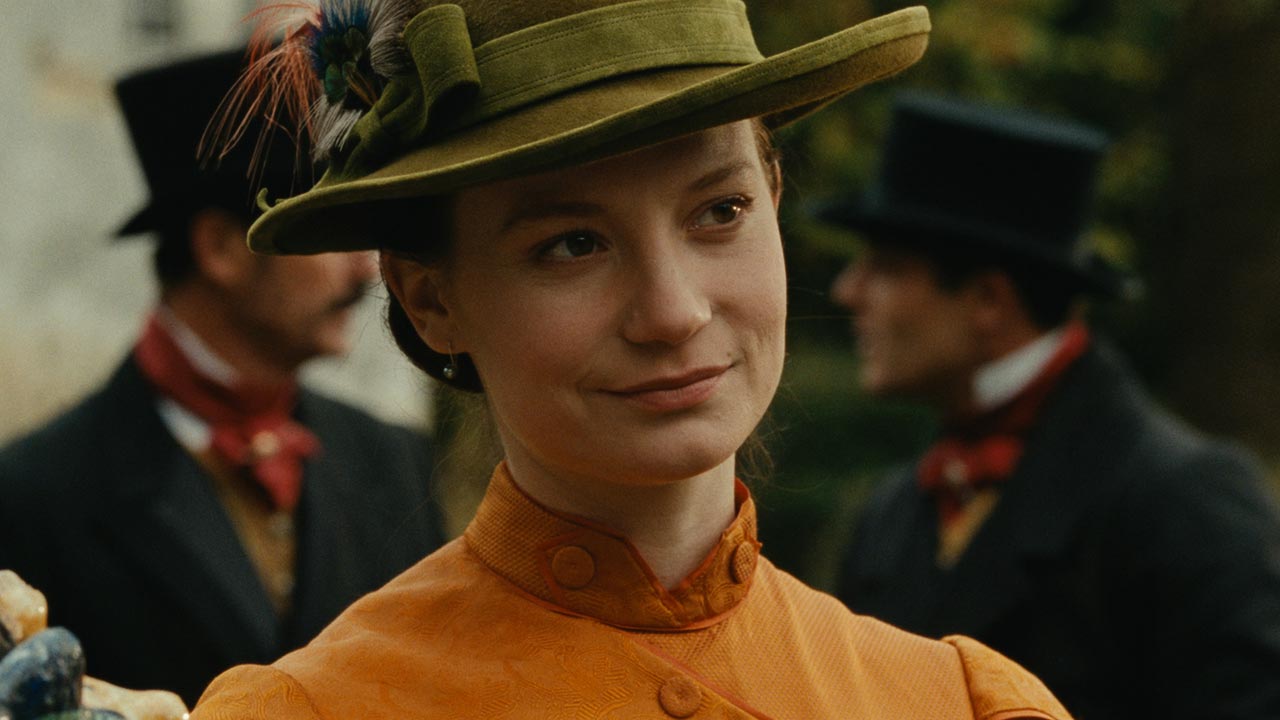
Upon first inspection, the title of Annie Ernaux’s novella, A Man’s Place, could also be an indicator of the importance of feminism in this work of literature. The importance of a novel’s title is not to be underestimated as it often illustrates a particularly prominent idea within the novel. Madame Bovary also explores a seduction by a ‘powerful’ man to Emma yet their empty speeches to one another hold certain ‘framed’ narratives and mimic those of a tragedy, which could perhaps foreground the narrative of the novel. The demeaning adjective ‘little’ combined with the possessive first person pronoun ‘my sweetheart’ belies the assumed subservient nature of women, to which Zola could be examined to subversively represent in a conscious effort to make a change to the typical female role in society.

The patronising condescension evident in Laurent’s internalised is nothing more than a product of the zeitgeist of the era yet for a modern audience his thoughts would anger many, particularly with his insensitive critique that highlights his own psychological indecision, ‘But she is ugly, thought he…’. Chapter VI of Thérèse Raquin, in which the beginning of the seduction occurs, features Laurent almost as a predator stalking his prey, which so happens to be Thérèse: ”Here is a little woman,’ said he to himself, ‘who will be my sweetheart whenever I choose…”. Thérèse’s affair with Laurent in Zola’s novel could almost be compared to Rudolph’s seduction of Emma in Madame Bovary, however, Laurent’s is rather unremarkable and unmemorable in comparison to that of Rodolphe’s.

Although, Emma’s situation is perhaps more focussed and intense as Thérèse does appear to be slightly more subservient and domestic in comparison yet both are slaves to the choices of their mothers.įeminism is another important theme in both novels. The situation of the young wife, a focal point in both novels, is especially crucial and how the two titular characters in their respective novels have to stifle their feelings and fantasies for fear of being shamed by society. The representation of gender in the works of both Zola’s Thérèse Raquin and Flaubert’s Madame Bovary could, on the surface, be considered to hold more similarities than differences.


 0 kommentar(er)
0 kommentar(er)
